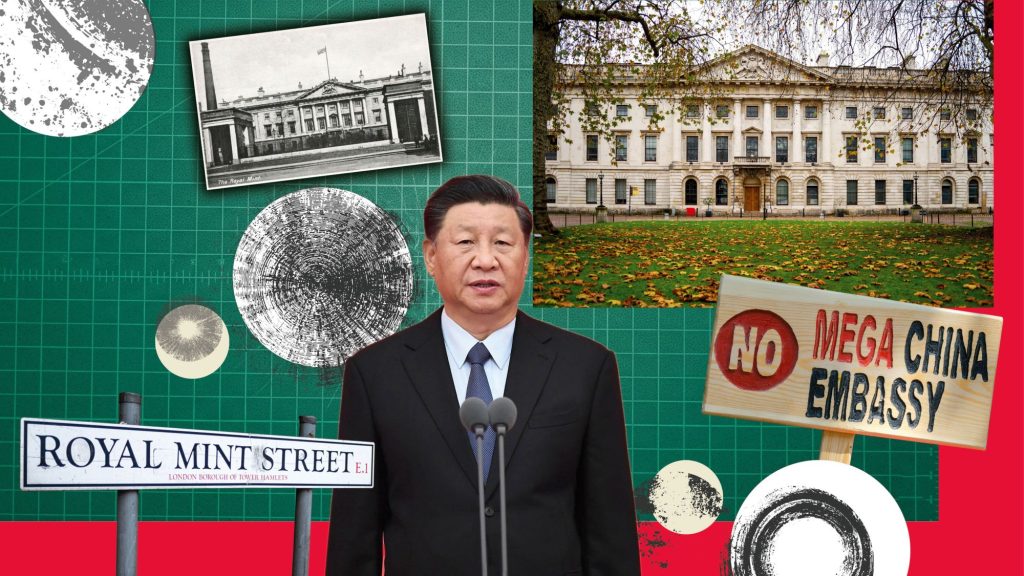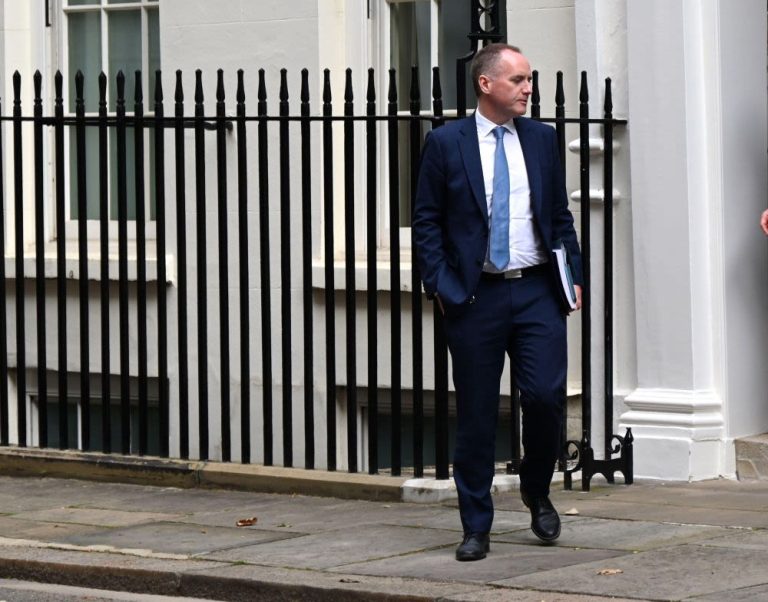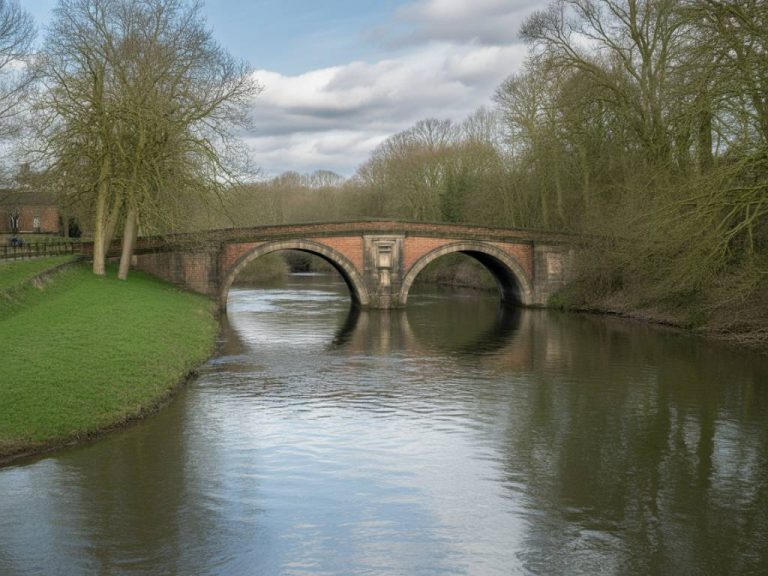
China’s massive London embassy sparks global security concerns
China’s proposal to erect a sprawling, 20,000 sqm “mega-embassy” on Royal Mint Court—directly opposite the Tower of London—has rattled parliaments and security experts from Wellington to Washington. Initially refused by Tower Hamlets Council in 2022, the plan was quietly resubmitted in early 2024. Now, under new review by Housing Secretary Steve Reed, the application has become a high-stakes diplomatic showdown.
From refusal to resubmission
After purchasing the Royal Mint Court site for £255 million in 2018, Beijing submitted detailed blueprints for its embassy compound. Local councillors rejected the application on heritage and overdevelopment grounds—but barely a year after Labour took office in Westminster, China revived the identical plans. Critics question whether this timing was chosen to leverage friendly relations, given Prime Minister Keir Starmer’s drive to reset ties with Beijing.
Strategic cables beneath the site
Alarm bells truly rang in January when investigative reporting revealed high-capacity fibre-optic cables running beneath Royal Mint Court—links integral to the City of London and Canary Wharf financial districts. U.S. officials warn that if embassy security extends to cable vaults, sensitive market data could be exposed. A White House spokesperson has urged the UK to deny permission or implement stringent security measures.
International pushback
Sino-sceptic lawmakers from New Zealand to the Netherlands, all affiliated with the Inter-Parliamentary Alliance on China (IPAC), have pressed their own governments to pressure London. “We expect our Five Eyes partners to safeguard critical financial infrastructure,” a cross-party group of New Zealand MPs told The Suffolk Voice. In The Hague, Dutch MP Jan Paternotte (D66) raised formal questions, warning that London could become “the nerve centre of CCP influence operations in Europe.”
Legal and diplomatic minefields
Planning experts highlight two major legal obstacles. First, several rooms in the embassy’s design remain redacted, ostensibly for diplomatic confidentiality. Lord Banner KC argues that without full disclosure, the Housing Secretary cannot properly assess “material considerations.” Second, China’s diplomats propose public access to a tiny strip of Cistercian ruins at the site’s perimeter—yet diplomatic immunity could bar UK police or paramedics from entering in an emergency. A Note Verbale promises to waive immunity over that forecourt, but lawyers say such a guarantee could be revoked at will.
High-stakes hearing set for December 10
With the application “called in” from Tower Hamlets, a government-appointed planning inspector will convene public hearings on December 10. Evidence will span heritage impact, traffic, security and national infrastructure. Political figures—including Tory chairman Sir Kevin Hollinrake—have urged an ethics investigation into potential ministerial assurances given to Beijing. The independent adviser on ministerial standards has yet to rule whether such claims warrant inquiry.
Strategic importance to allies
U.K.’s allies view this decision through a security lens. New York Times editorial boards, U.S. diplomats and five-eyes intelligence chiefs all express concern over offshore access to the City’s digital backbone. IPAC’s director Luke de Pulford warns that “London’s cables fuel global finance. Surrendering them to a foreign power sets a dangerous precedent.”
Balancing diplomacy and sovereignty
Ministers wrestle with a dilemma: approving the megastructure risks national security and invites criticism of being “soft on China.” Rejecting it could provoke Beijing, jeopardising trade negotiations and bilateral summits. Some insiders suggest a compromise: relocate embassy functions to the Nine Elms site (home to the U.S. London mission) and preserve Royal Mint Court for cultural use.
Cultural and economic fallout
Opponents argue that Royal Mint Court’s historic walls—once minting real sovereigns—should not be repurposed into a fortress. Nearby residents fear gated guards at the rear entrance, next to a Muslim nursery and hair salon. The Royal Mint Court Residents Association warns of de facto displacement and erosion of commercial foot traffic. Meanwhile, property firms in Canary Wharf track every planning update, bracing for potential market shifts if London’s reputation as a secure financial capital is dented.
A watershed moment for UK foreign policy
Few projects encapsulate the complexity of modern geopolitics like China’s London embassy. On December 10, Housing Secretary Reed faces a decision that will reverberate across Five Eyes, the EU and beyond. Whether Whitehall opts for national security or diplomatic expediency, the outcome will signal Britain’s resolve to balance open markets with the imperatives of sovereignty.





